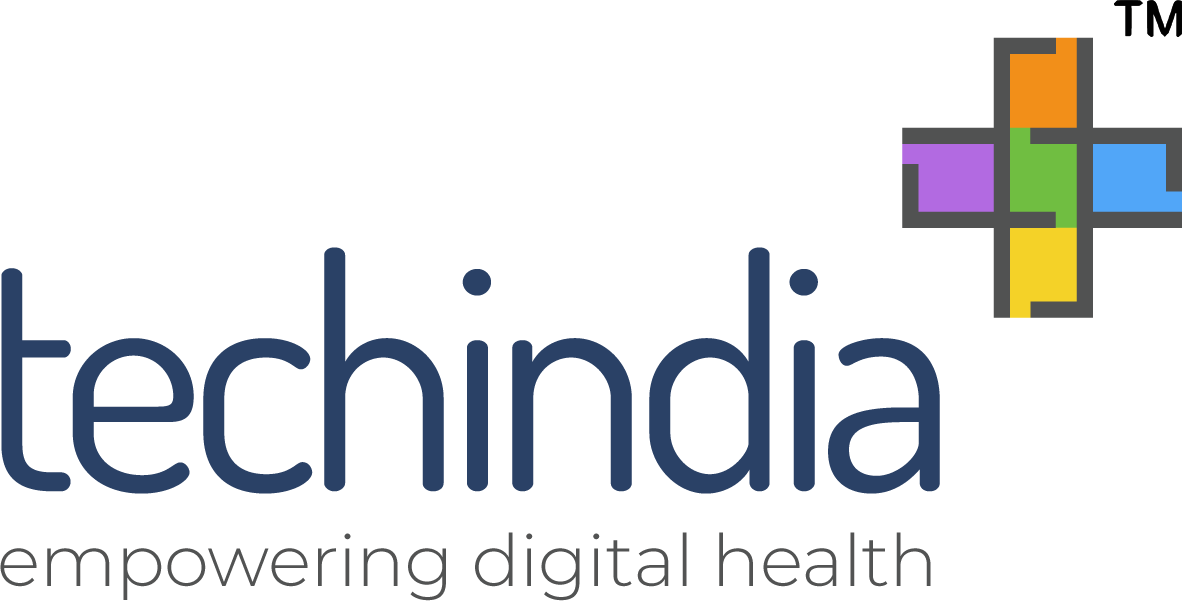- Posted: 10 Jun 2015
- Category: myblog
EMBRACE MHEALTH, OR GET LEFT BEHIND!

mHealth, let’s acknowledge, is the latest buzzword in the Healthcare circles. If you are a healthcare provider and keen on increasing patient patronage, it’s time you took mobile technology seriously. Allow us to tell you why and how!
Nurturing patients through social channels is now becoming a reality. This has been a topic of intense discussions in many communities/ forums, including mainstream medical journals. In an age where life without technology is near impossible, patients and providers alike, continuously seek technological solutions to improve engagement. Mobile communication therefore, is the order of the day. Every industry worth its salt is adopting mobile technology, the whole nine yards. Let’s see how mobile technology actually paved way to mHealth, the latest trend in Healthcare. Let’s start with Patients, rather Patient groups. Let’s also consider the Patient support ecosystem. Online patient support groups team-up and serve unique purposes, most of which are way beyond reach/ access to the conventional ways of service fulfilment. Let’s admit that there are regulatory issues involved in this arena. However, authorities acknowledge that new regulatory frameworks need to be developed in the age of digital and mobile trials with considerations to technology and patient populations. Improving patient recruiting, retention and data collection should be the priorities for healthcare providers who look to leverage mobile technology.
Getting specific, mobile technologies have unique issues to address given the reach and acceptance by patients. Crowd-sourced clinical studies have been recognized as an emerging aspect of clinical research for years. Even funding for medical research has found its way to the end-users; patient groups in this case. Regardless of changes in the paradigm of conducting trials, patient safety always remain a priority of study designers and investigators. On a separate note, Corporate giants are paving the way too. Apple’s ResearchKit is a pioneering effort to accomplish many objectives. Its present offerings will not cure heart cancer. However, what it can do is to specifically increase awareness and enthusiasm of the public as well as the healthcare provider community to participate in clinical trials. ResearchKit’s present apps are primarily geared for wellness, with monitoring via smartphone sensors initially, but the satisfaction of participating in research and the sense of empowerment that participants will experience will pay huge dividends with regards to more disease-oriented research down the line. In addition, and not to be minimized, it will facilitate the adoption of mobile technology in general in the wellness and healthcare arenas.
Traditional clinical trial research is becoming financially unfeasible. The cost of clinical trials is discouraging both sponsors and healthcare enterprises from conducting traditional clinical trials. The cost of even a market-approved medical device trial for a new indication is several thousands of dollars. The cost of clinical research nurses and coordinators has become prohibitive for institutions except those most famous or endowed. Although most research today is sponsor-driven, research by physicians in smaller hospitals and organizations is cost-prohibitive. Mobile technology can potentially assist in this regard. Even clinical research organizations (CROs) are looking to decrease costs and improve efficiency. The cost reduction projected for each phase of a trial in multiple disease state areas with the use of mobile technologies has been estimated in a recent report by the Department of Health and Human Services. The possible savings in across phases is estimated to be in the range of 0.4% to 1.7% according to a leading healthcare research reporter.
Mobile can improve trial safety and efficiencies in clinical workflow. With the collection of more data in real-time, the improved efficiencies produced with mobile technology might theoretically improve patient satisfaction, study subject retention, and the aforementioned cost to study sponsor and investigators.
Recent Post

We're helping some of the most respected names in healthcare deliver measurably better outcomes. Let us show you what personally Human & AI integrated solution can do for your organization. While filling the form, please fill in the information more specifically that you are looking for.
Thank you for your query! We will get back to you shortly!!

